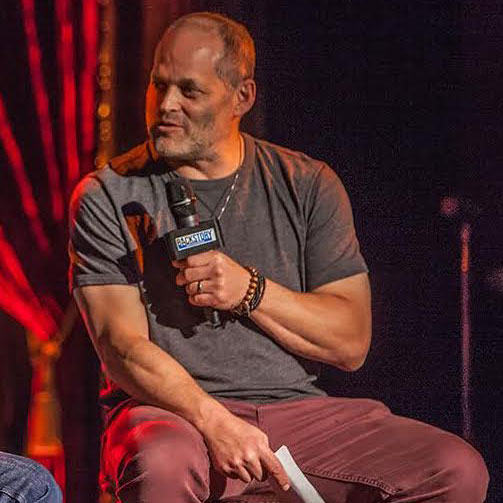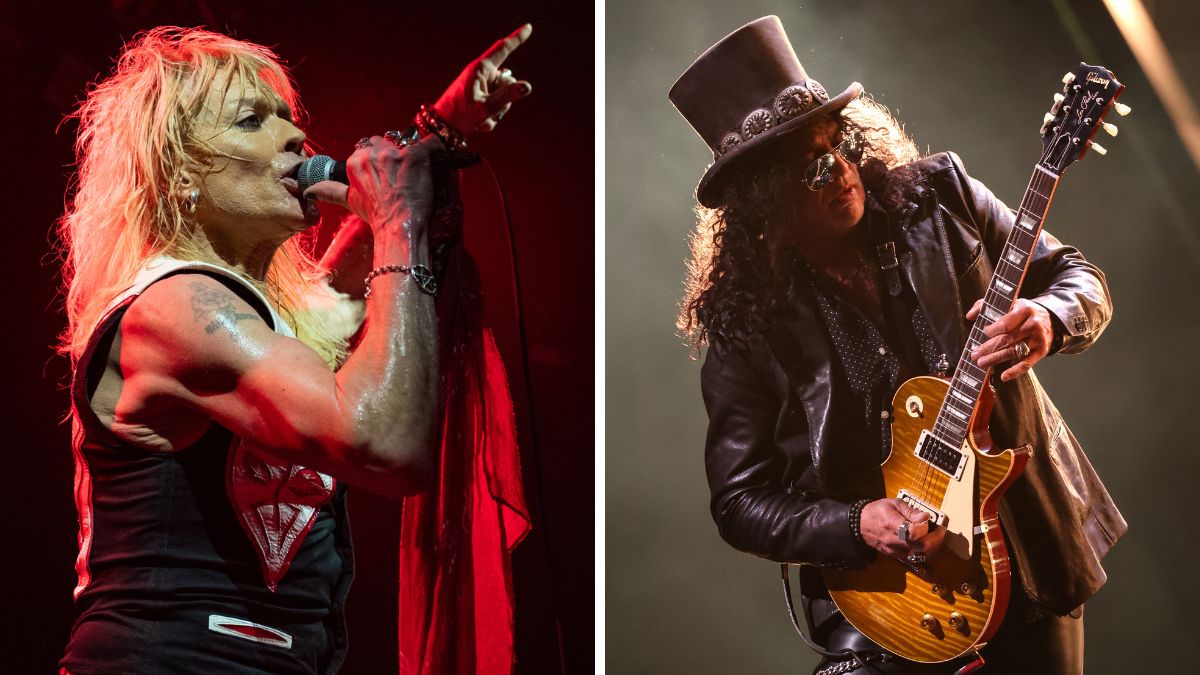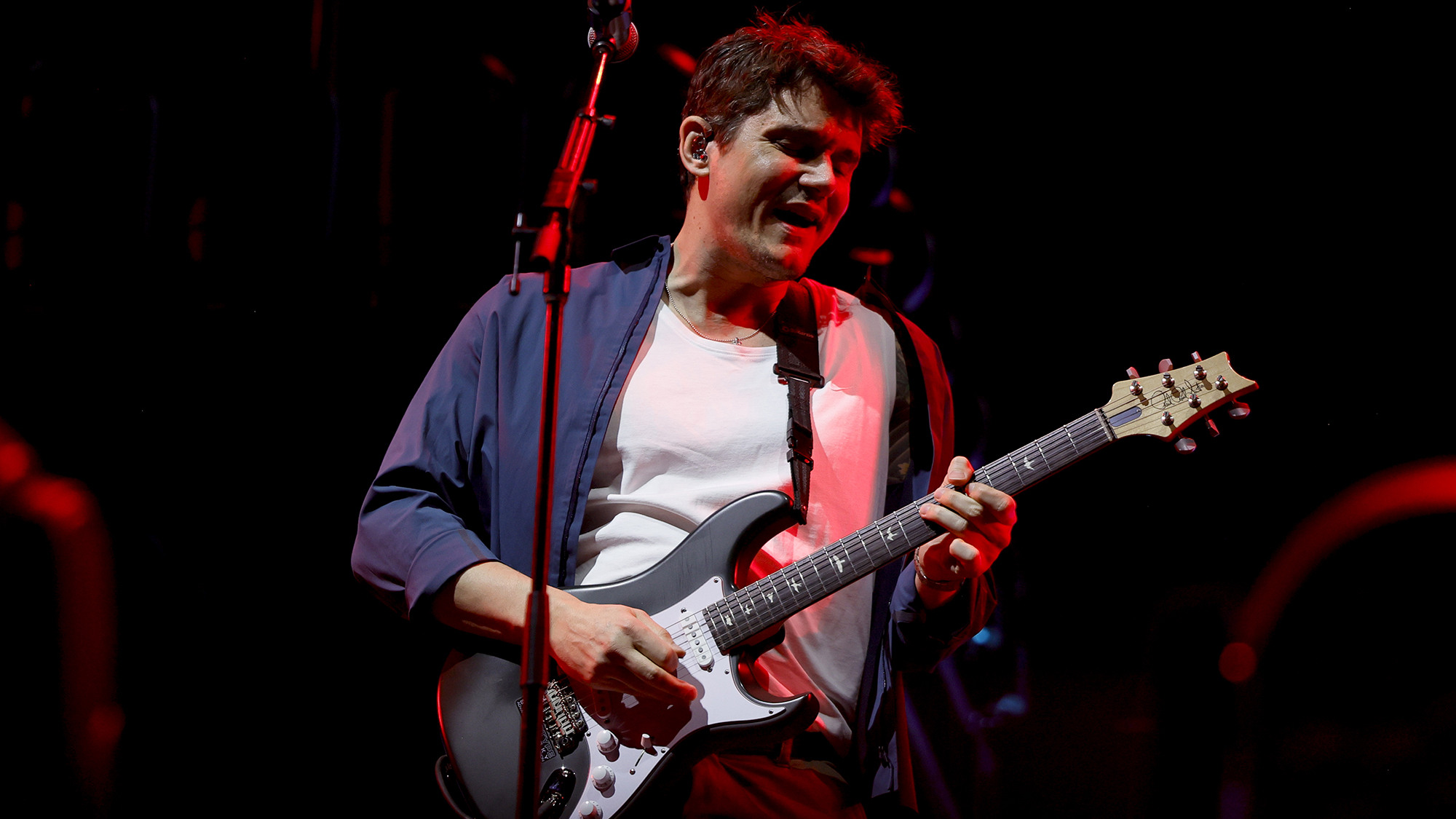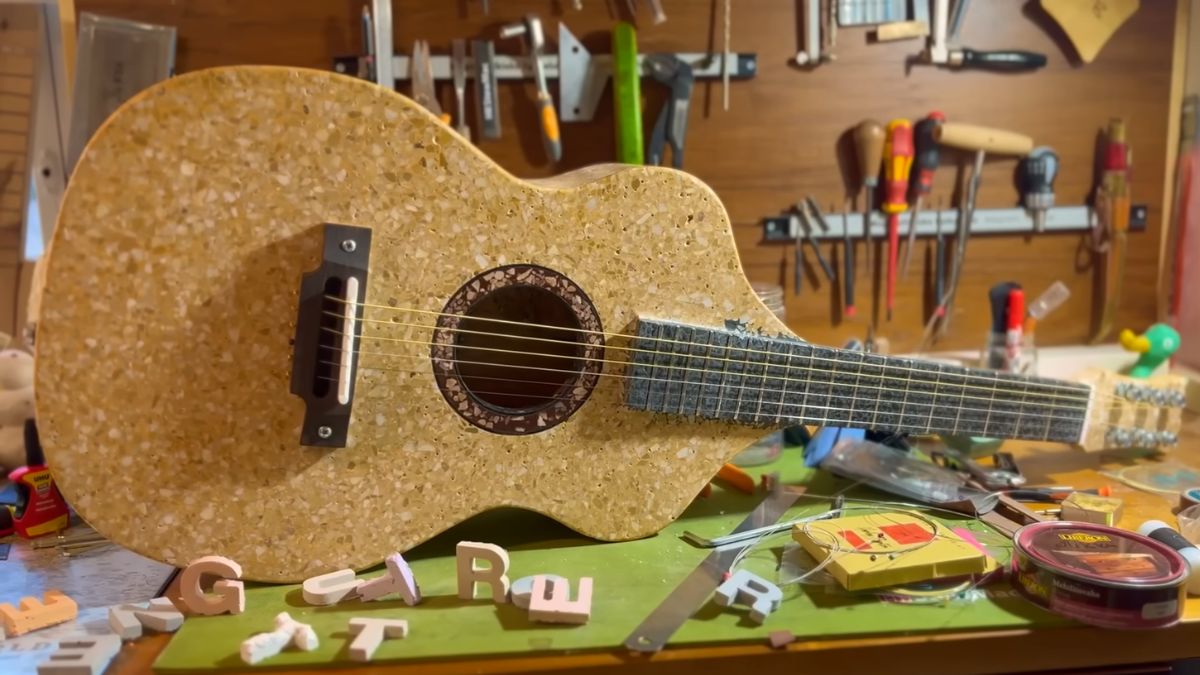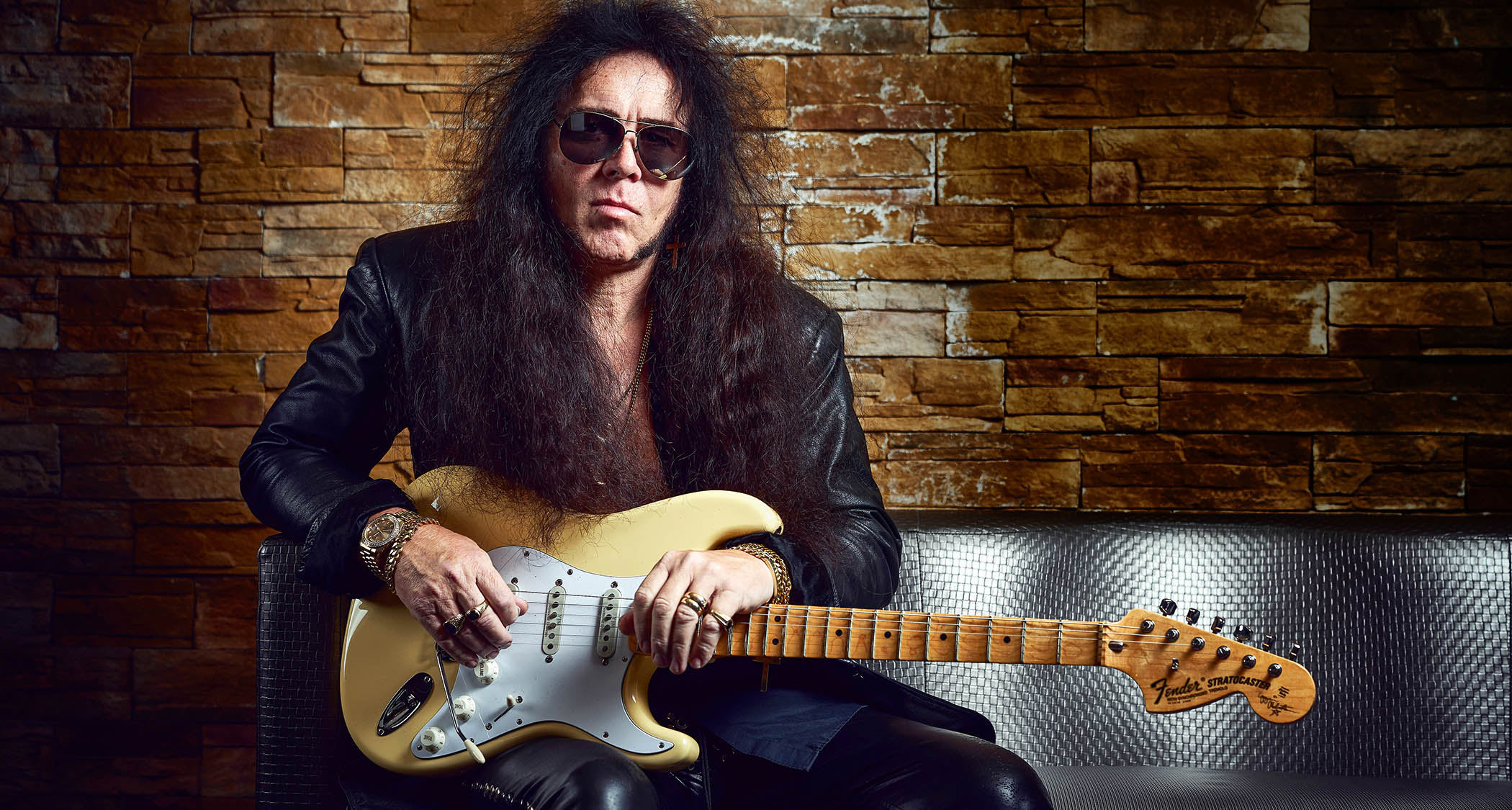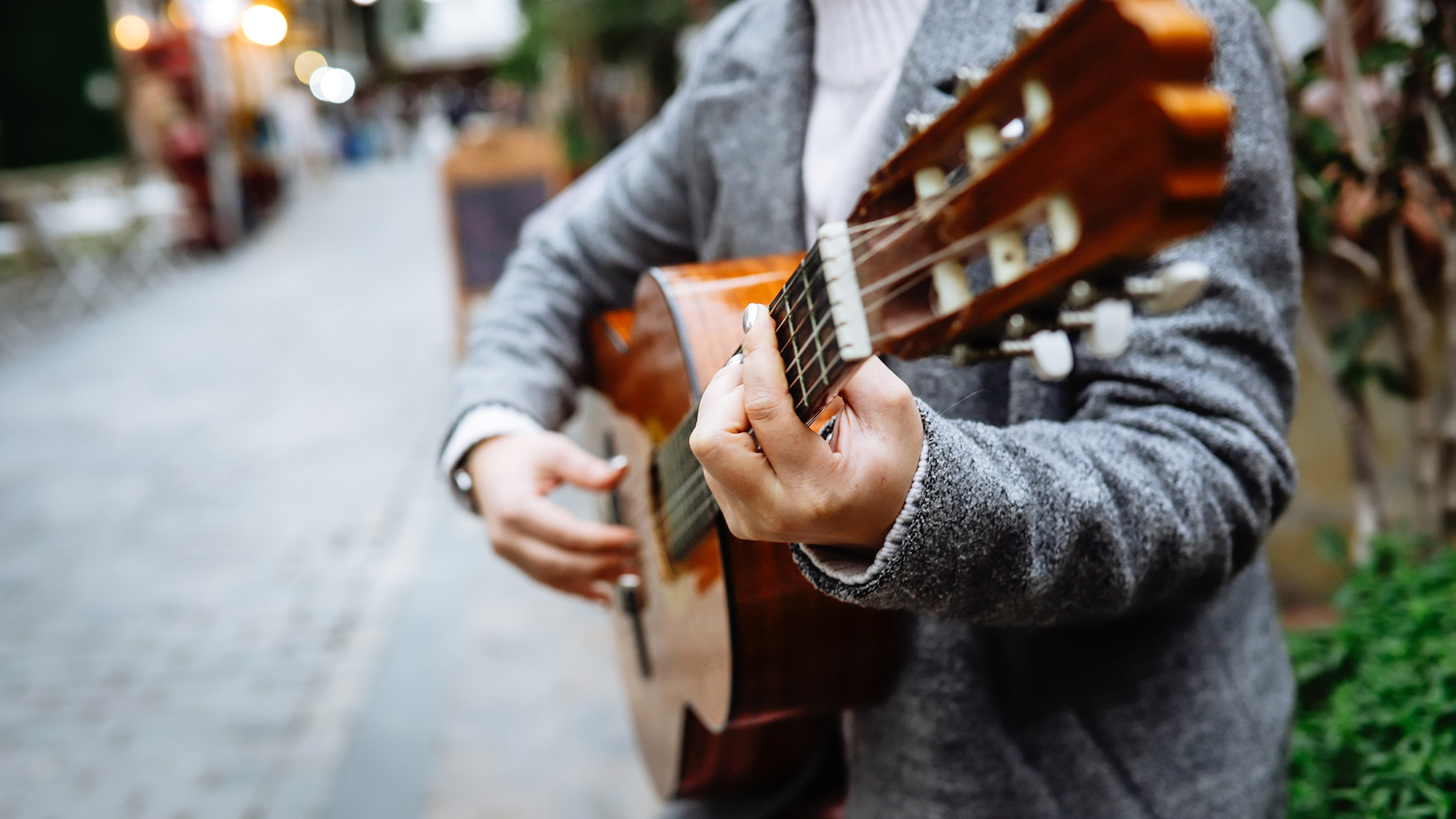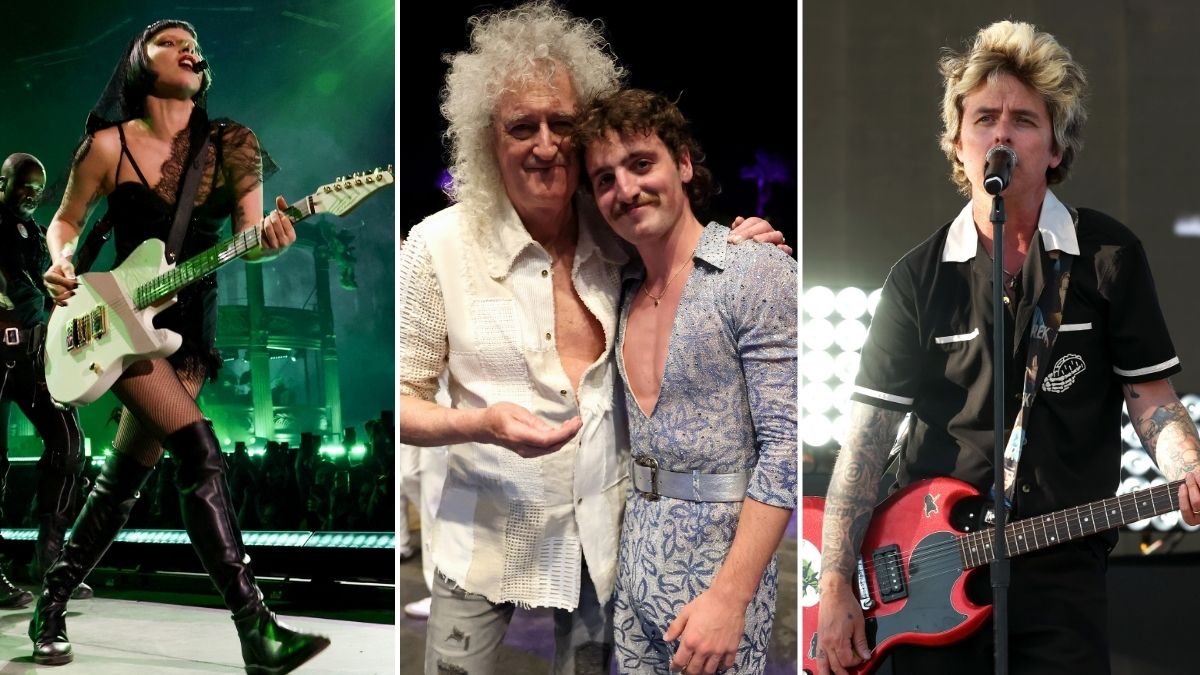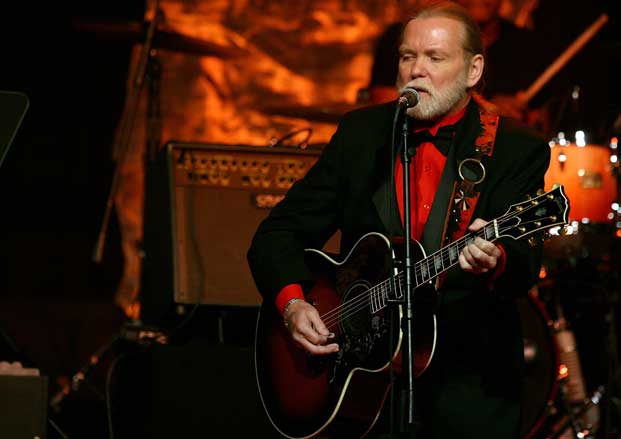
When Gregg Allman died at his home near Savannah, Georgia, on May 27 due to complications from liver cancer, the music world lost one of its greatest and most consistent performers.
Allman was a fixture on theater, arena and festival stages for almost 50 years as a member of the Allman Brothers Band and a solo artist. “He lived to perform,” says Warren Haynes, who played in the Allman Brothers Band for almost 25 years. “There was no separation between Gregg and his music.”
Allman hadn’t performed in over six months. A string of canceled shows going back to November 2016 were a sure sign to fans that Allman was gravely ill. His final show was in Atlanta on October 29, 2016. The date is significant because Duane Allman died on October 29, 1971, and the Allman Brothers Band intentionally finished their final show on that date in 2014, after which Allman continued to perform with his solo band.
“That guy fought to the last to go onstage,” says Scott Sharrard, guitarist and musical director of the Gregg Allman Band. “He did not ever want to stop performing until he literally could not sing a note. His second-to-last show was at Red Rocks [Colorado] and he was struggling with the elevation to the point that he could not move and we had to carry him to the stage, but he came out and performed slowly but magically.”
That Red Rocks acoustic show was on September 25, 2016, and just over a month later he returned for his first band performance in over two months, at his Laid Back Festival in Atlanta. It would be his final show.
“The first four songs were so strong that the band was practically high-fiving,” says Sharrard. “Then his pitch and power diminished as the night went on and when we finished I had a feeling that was it. He went to New York intending to play 10 shows at City Winery, but he was unable to stand up and perform.”
Gregg and his brother Duane were, of course, the namesake members of the Allman Brothers Band. The group, inducted into the Rock and Roll Hall of Fame in 1995, formed in Jacksonville, Florida, in 1969 and survived deaths, discord and two breakups to play a triumphant final run of shows at New York’s Beacon Theater in October 2014. Gregg was the final member to join the band put together by Duane with a distinct, unerring vision: guitarist Dickey Betts, bassist Berry Oakley and drummers Butch Trucks and Jaimoe.
Get The Pick Newsletter
All the latest guitar news, interviews, lessons, reviews, deals and more, direct to your inbox!
Oakley died in 1972 and the group parted ways with Betts in an acrimonious 2000 split. Trucks committed suicide in January, making 2017 a particularly harrowing year for the Allman Brothers Band and its large fan base. Less than three years after their final show, with rumors of a reunion swirling, the loss of two original members put an exclamation point on the conclusion of one of the greatest bands and stories in the history of rock.
Often hailed as “the greatest white blues singer,” Allman was simply one of the best, most distinct, capable and original singers in postwar blues and rock. His voice provided the Allman Brothers Band with the same kind of credibility and durability as his brother and Dickey Betts’ guitar playing did. Allman was capable of singing a deep blues like “Stormy Monday” or “One Way Out” in a manner that would make the songs’ originators, T-Bone Walker and Sonny Boy Williamson, respectively, proud.
But he also had deep roots in folk, rock and R&B and was an excellent songwriter steeped in both Delta blues and the introspective folk rock of Jackson Browne and others; he wrote some of rock’s most enduring songs, including “Midnight Rider” and “Melissa.” “There were at least two Greggs,” says Haynes. “There was the great blues and R&B singer sitting behind the organ playing incredibly tasty licks that perfectly complemented two lead guitars. And there was a folky Gregg who could pick up an open-tuned acoustic guitar and fingerpick beautifully. And so much of his best songwriting combined both of those elements.”
Adds Jaimoe, Allman’s partner for 45 years, “Gregory’s music and singing were based on rhythm and blues and blues, but his songwriting was so influenced by people like Bob Dylan and Jackson Browne and other people who wrote poem songs. What made him so unique is the way he combined those things.”
Gregory Lenoir Allman was born December 8, 1947, in Nashville. His brother Howard Duane was 11 months older. In 1950, their father, Army first lieutenant Willis Turner Allman, was murdered. Their mother, Geraldine, who died in 2015 at age 98, sent the boys to Castle Heights Military Academy when they were eight and nine years old so she could get her CPA license and more ably support the family. After about two years there, which traumatized young Gregg, the boys returned home to Nashville.
The next year, they moved to Daytona, Florida. Gregg first brought music into the Allman household when he purchased a Sears Silvertone guitar at age 13 with money saved from a paper route and aided by his mother. Before long, Duane was stealing the instrument and trying to steal his little brothers’ licks as well.
“We fought over it so much that my mother bought him one as well,” Allman said in 1996. “Then there was not only peace in the family but we started playing together. I taught him the basics, but within a few weeks, he could play it really good. It was pretty amazing.”
The music bug bit Duane hard enough that he dropped out of school after tenth grade and started playing “day and night.” The brothers formed a band and even before Gregg graduated Sea Breeze High—which he insisted on doing—they were playing clubs up and down the Daytona Beach strip under a variety of names, including the Escorts and, finally, the Allman Joys. By the time he graduated in 1965, they were already established as the best, most adventurous band on a burgeoning and competitive circuit and began touring the Southeast.
In 1967, the manager of the Nitty Gritty Dirt Band discovered them in St. Louis and moved the group to Los Angeles, where they were distressed to watch their record label choose a new name (the Hourglass), their material and even their clothes. Duane left after one failed album, making his way to Muscle Shoals, Alabama, where he became a sought-after session player, recording with Wilson Pickett and other soul stars, while Gregg remained in Los Angeles, trying to make a go out of it, still under the name Hourglass, and getting deeper and deeper into songwriting.
He was inspired in the latter by L.A.’s burgeoning folk scene, which included his sometime roommate, a teenaged Jackson Browne. By March 1969, Duane had assembled a new band featuring a second lead guitarist with a knack for great melodies and love of Western swing (Dickey Betts); a bassist who fancied psychedelic rock (Berry Oakley); and two drummers experienced in R&B (J. Johnny “Jaimoe” Johnson) and folk rock (Butch Trucks). Gregg was the final member, adding both soulful singing and great original songs, including “Dreams,” “Not My Cross to Bear” and “Whipping Post.”
Gregg’s singing and songwriting were infused with a weary fatalism that belied his age of 21 and were central to the Allman Brothers Band’s singular style. “Everyone is motivated by what everyone around them is playing and we were no different,” says Jaimoe. “And everyone was playing such great stuff that you couldn’t help but play better and better. And Gregg’s voice and his words were both like instruments in themselves. And his organ playing was damn good—but it was overwhelmed by his incredible voice, so people didn’t pay as much attention to it.”
While Allman’s Hammond B3 organ became a bedrock of the Allman Brothers’ sound, underpinning the ferocious guitar playing and hard-charging rhythm section, he had never really played the instrument before the band’s formation.
“I’d messed around on the electric piano, and I had a little Vox organ in the Allman Joys because the English guys had ’em, but rhythm guitar was my instrument,” Allman said. “But in the Allman Brothers we had too many guitars, [so] they blindfolded me, took me in this room, sat me down, took the blindfold off and there sat a brand-new, 1969 B-3 Hammond and a 122-RV Leslie, and they said, ‘Okay, we’ll see you in a few days! Good luck! Learn how to play this thing.’ That’s not too much of an exaggeration. The truth is, my brother knew I really, deep down, always wanted a Hammond. But then I stayed up day and night, hour after hour, learning how to really play it.”
The new band moved to Macon, Georgia, together. Their first two albums, a self-titled debut and its follow-up, Idlewild South, are now considered classics, but both failed commercially. The Allman Brothers Band continued to tour relentlessly, establishing itself as a peerless live entity and breaking through with 1971’s At Fillmore East. The landmark live recording captured the Allmans in all their sonic fury, with just seven songs spread over four vinyl sides.
The Allman Brothers Band’s distinct style combined the Grateful Dead’s love of improvisation with a far more disciplined approach that encompassed rock, blues, country, R&B and jazz and Gregg’s terrific songs and vocals. Just as Duane’s vision of commercial success with an uncompromised approach was coming true, he was killed in a motorcycle accident on October 29, 1971.
He was 24 and At Fillmore East was certified Gold four days earlier. Many presumed the band would peter out without their de facto leader, but they went back to work remarkably quickly, performing their first show exactly three weeks after Duane’s funeral. They also returned to the studio to finish Eat a Peach, featuring Duane’s final recordings, more Fillmore tracks, and three songs recorded after the guitarist’s death.
Two of the final tracks were Gregg songs: “Melissa,” which he had written in 1967 and Duane always encouraged him to record, and the newly written “Ain’t Wasting Time No More,” a powerful statement about the need to continue on in the face of adversity. The 1972 album was a hit and the band moved on, first as a five-piece and then brilliantly adding pianist Chuck Leavell to supplement the group without “replacing” Duane. While in the studio recording Brothers and Sisters, Berry Oakley was killed, also in a motorcycle crash. The heartbroken band added Lamar Williams and continued on with nary a pause.
Brothers and Sisters, released in 1973, became their best seller, fueled by Betts’ “Ramblin’ Man,” an atypical song that became a runaway hit. The next year they were the top-grossing live band in the country. Around this time, they found themselves hailed as the creators of Southern Rock, a genre and title the band scorned even as it spawned hit groups like Lynyrd Skynyrd and the Marshall Tucker Band. “Southern rock? You might as well call it ‘rock rock’ because the music was born in the South,” Allman scoffed, pointing out that most of the music’s originators, including Chuck Berry, Bo Diddley, Elvis Presley and Jerry Lee Lewis were Southerners.
Gregg Allman married Cher in 1975 and their on-again, off-again relationship made them tabloid celebrities. It also brought him to Los Angeles and the physical distance from his bandmates was also metaphorical of a growing divide within the group. A year later, the Allman Brothers Band broke up, cracking under the strain of stardom, threatened lawsuits over alleged financial mismanagement by their label and manager and Allman’s plea-bargained testimony in a crew member’s drug trial.
The group reunited from 1978–82 and released three albums with diminishing artistic and commercial returns before regrouping again in 1989 for a twentieth anniversary tour. Infused with energy courtesy of guitarist Warren Haynes and bassist Allen Woody (and pianist Johnny Neel, who left after two years), the group toured heavily and recorded three strong studio and two excellent live albums from 1990–95, even as Allman continued to struggle with drug and alcohol addiction. During some of these years, Allman was an almost ghostly presence in the Allman Brothers Band, slumped over his organ singing.
He entered rehab the morning after the band was inducted into the Rock and Roll Hall of Fame in January 1995 and while his sobriety may not have been a straight line, he was a completely different person before and after that day. He became an ever-more forceful presence onstage and in interviews and also re-established his parallel solo career. He referred to the Allman Brothers as “the big amp thing” and his own band as “the small amp thing.” “To get total musical fulfillment, I need both,” he said in 1996.
After a period of turmoil climaxing with the bitter 2000 split with Betts, the Allman Brothers Band maintained the same lineup, featuring guitarists Derek Trucks and Warren Haynes, bassist Oteil Burbridge and percussionist Marc Quinones, along with the three original members Allman, Trucks and Jaimoe, from 2001 until their final shows. They only recorded one studio album with this band, 2003’s excellent Hittin’ the Note, but firmly reestablished themselves as a preeminent live act.
They ended on a high note in October 2014 with six nights at New York’s Beacon Theatre where they played 239 sold-out shows starting in 1989. The last night was a three-set affair that started on October 28, 2014, and ended early the next morning, the anniversary of Duane’s death. Their final song together was the first one they played when Gregg arrived in Jacksonville in March 1969: a reinterpretation of Muddy Waters’ “Trouble No More.”
Allman’s solo career began with 1973’s Laid Back album, and he continued to perform with his own band after the Allman Brothers’ final show. Allman’s last studio album was 2011’s Low Country Blues. He recorded an album, tentatively titled Southern Blood, featuring his road band with producer Don Was in Muscle Shoals, Alabama, in 2016. It is scheduled to be released in the fall. In April, Haynes and Derek Trucks drove together to Allman’s Savannah home for a visit.
“We just sat around and talked and told road stories and laughed,” says Haynes. “He was weak, but he was happy to see us and to just have a nice time, like countless days and nights on the tour bus. “There was a piano sitting in his living room and I asked if he had been playing it and he said yes and that it had brought him peace and comfort.”
In his final month, Allman also talked to Dickey Betts on the phone a couple of times. It was the old partners’ first contact in 17 years. Last March, Allman was married for the seventh time, to Shannon Williams. He is survived by her, five children and his niece, Duane’s daughter Galadrielle Allman.
Allman was buried in Macon, Georgia, in Rose Hill Cemetery next to his brother and Berry Oakley, following a funeral service at Snow’s Memorial Chapel, the same place where Duane’s service was held. At both events mourners sang “Wil the Circle Be Unbroken.”
Alan Paul is the author of three books, Texas Flood: The Inside Story of Stevie Ray Vaughan, One Way Way Out: The Inside Story of the Allman Brothers Band – which were both New York Times bestsellers – and Big in China: My Unlikely Adventures Raising a Family, Playing the Blues and Becoming a Star in Beijing, a memoir about raising a family in Beijing and forming a Chinese blues band that toured the nation. He’s been associated with Guitar World for 30 years, serving as Managing Editor from 1991-96. He plays in two bands: Big in China and Friends of the Brothers, with Guitar World’s Andy Aledort.
“Every tour was the best I could have done. It was only after that I would listen to more Grateful Dead and realize I hadn’t come close”: John Mayer and Bob Weir reflect on 10 years of Dead & Company – and why the Sphere forced them to reassess everything
“Last time we were here, in ’89, we played with Slash on this stage. I don't remember what we did...” Slash makes surprise appearance at former Hanoi Rocks singer Michael Monroe's show at the Whisky a Go Go
